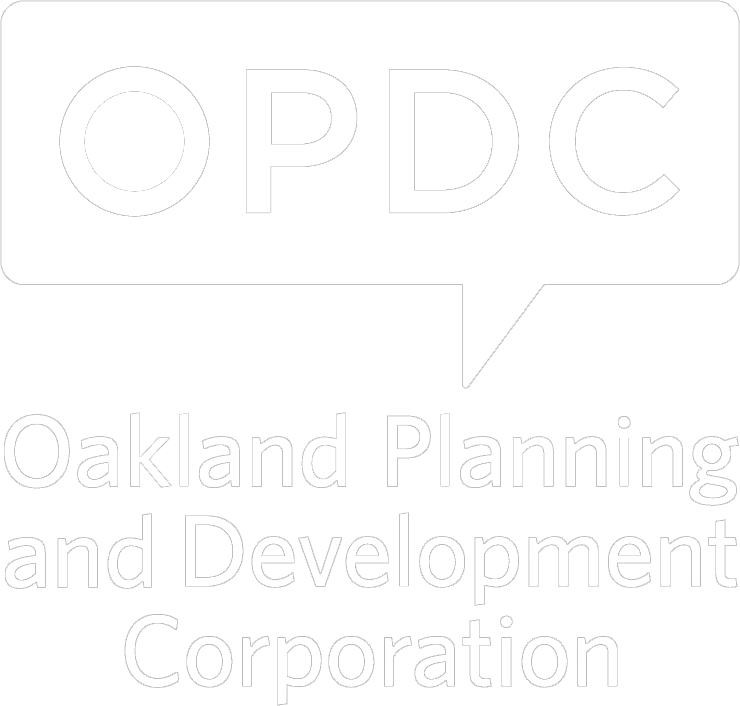Making it easier, safer, and more enjoyable to get around is major goal of the Oakland Plan.
We spoke with Mavis Rainey, Executive Director of Oakland Transportation Management Association (OTMA), about two mobility initiatives that could affect how you get around.
Scooter Legislation (SB 692)
Oakland has been a hotspot for Spin scooters since the state government approved a pilot program in July 2021—students accounted for 33% of users in 2022. As part of a multi-modal lifestyle, scooters replace car trips, see peak usage during hours when public transit is limited, and provide last mile connectivity.
At the same time, the program has been dogged by resident concerns over operational speeds, haphazard parking, and accessibility for those with disabilities.
“We have to be careful when we introduce a program that it’s not at the sacrifice of another population,” says Rainey.
Now, amid budgetary and legislative wrangling in Harrisburg, the Spin pilot has expired and is on indefinite pause. The city seeks to reauthorize the program, calling scooters a “critical mode of transportation.”
Integrated Mobility Study
Scooters play a role in the larger transportation system, which is the focus of an upcoming OTMA study. “We know from the Oakland Plan Existing Conditions Report that we have gaps,” says Rainey.
The state-funded study will look at everything from walking, biking, personal car, on demand services, public transit, institutional shuttles, ADA accessibility, etc. to understand how and why people use them.
OTMA is planning a website where residents can access the study and provide feedback, and public engagement meetings to collect feedback in person.
Join Let’s Talk: Oakland Mobility Projects on July 19 for a community conversation on these topics with Mavis Rainey. Contact OTMA with your feedback.

